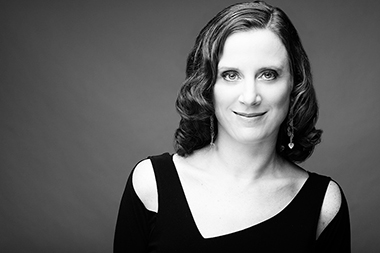It’s the end of another year and the dawn before a new one. You’re off from work and you’ve got some spare time on your hands. What better way to relax than to immerse yourself in some books.
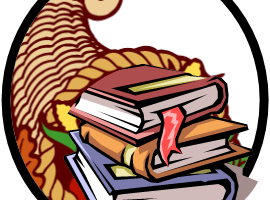
Here are a few newly-published books you may enjoy over the holiday season.
On my first trip to Egypt in 1975, I was not only amazed by the exotic sights, sounds and fragrances, but by the quality of the food. From mezzes — small dishes like bulgar salad and baked and pureeed eggplant — to main courses — white bean stew and chicken casserole — Egyptian cuisine can be intoxicating.
On subsequent trips to Egypt in 1978 and 1999, I was fortunate enough to sample Egyptian specialities such as stuffed vine leaves, baked fish larded with vegetables and roasted leg of lamb, washed down with local beer or mint tea.
I was in culinary heaven.
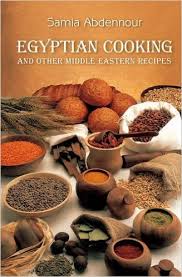
I was reminded of these gastronomic memories by the new edition of Samia Abdennour’s Egyptian Cooking and Other Middle Eastern Recipes (The American University in Cairo Press, an affiliate of Oxford University Press).
Originally published in 1984, it has been updated by the addition of 100 recipes from her second book, Middle Eastern Cooking — A Practical Guide.
Lavishly illustrated with color photographs, and spiral-bound for easy accessibility, Egyptian Cooking is divided into five parts: appetizers, breakfast, main courses, sweets and desserts and beverages. Her recipes are concise, eclectic, call for simple ingredients and do not require expertise. This cookbook is for amateurs and professionals alike.
A Palestinian Arab who has lived in Egypt since 1947, Abdennour knows her subject as intimately as one can. Which is why her latest work deserves a place in your home.
***
Hiking in Israel’s Ein Gedi oasis one early morning in summer, I looked up at a craggy peak and spied an Ibex. It was a magnificent creature, indigenous to the area I was in the midst of exploring. I wondered how many more I might spot during the course of my hike. Unfortunately, there were none to be seen that day in the Israeli desert.
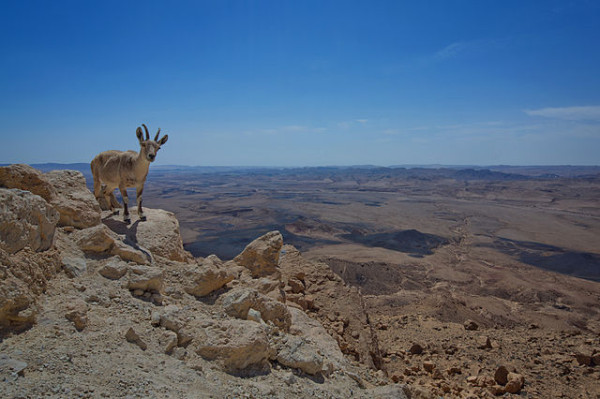
But as I read Wildlife in the Holy Land (The American University in Cairo Press), an attractive eight-page foldout book printed on laminated paper, I learned about the creatures that inhabit the Middle East, a region of desolate deserts, lush forests and mountainous steppes.
Among the exquisitely-drawn beasts, birds, snakes and birds featured in the book are the Palestine wild boar, the Arabian wolf, the Syrian serin, the Palestine saw-scaled viper and the Kinneret bleak.
Lest it be forgotten, these are among the animals that are referenced in the Torah, Bible and Koran.
***
This year marked the centenary of the Armenian massacres in the Ottoman Empire. Turkey has been slow to acknowledge these atrocities, which caused the deaths of some one million Christian Armenians, and continues to claim they fall short of genocide.
Vicken Cheterian, in Open Wounds: Armenians, Turks and a Century of Genocide (Oxford University Press), writes about the suffering and persecution his people have endured since that catastrophic event.
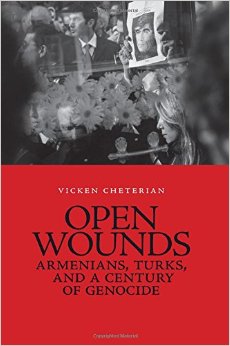
A journalist and historian who lives in Switzerland, he examines a whole host of events that adversely affected minorities In Ottoman lands, from the 1915 mass killings of Armenians to the prohibitive wealth tax the Turkish government imposed on Christians and Jews during World War II.
He begins with an analysis of the 2007 assassination of Armenian journalist Hrant Dink, who was murdered by a Turkish Muslim nationalist. Dink’s death sparked a renewed interest in Turkey’s Armenian community and the Ottoman role in virtually decimating it.
The author doesn’t believe Turkey will fully face up to its responsibility of coming to terms with the murderous rampages of 100 years ago. “Turkey is not ready for it,” he writes. “But I know that in the future Turkey will recognize the genocide, and it will be a beautiful country.”
***
In The Theft of Memory: Losing My Father, One Day at a Time (McClelland & Stewart), National Book Award winner Jonathan Kozol writes goes into personal mode.
Kozol’s father, Dr. Harry Kozol, a Harvard-trained neurologist, was diagnosed with Alzheimer’s disease in 1994, when he was 88. Remarkably enough, he was able to explain its causes and describe what he was experiencing, all very lucidly.
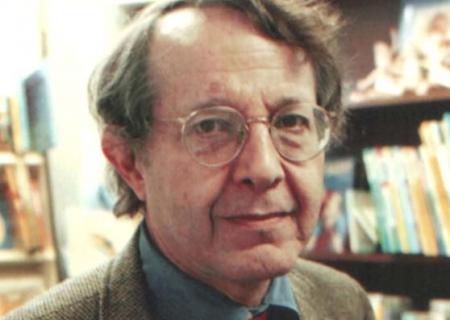
As Kozol painfully watched his father’s mental faculties crumble, his bond with him intensified. “Somehow, all those hours that we spent trying to fathom something that he wanted to express, or summon up a vivid piece of seemingly lost memory that still brought a smile to his eyes, left me with a deeper sense of intimate connection with my father than I’d ever felt before.”
This is a poignant book infused with empathy and humanity.
***
Alison Pick, a young Canadian writer, discovered a family secret that altered her life. She learned that her Czech grandparents were really Jewish and that her father had deliberately withheld this knowledge from her. In her gripping memoir, Between Gods (Doubleday Canada), Pick grapples with this astonishing discovery and documents the path she embarked on in a bid to reclaim her past.
